Abraham Accords' true potential goes far deeper than business ties - opinion
Potential models for enhanced Abraham Accords regional economic cooperation can be found particularly in Asia, where organizations such as the Asia-Pacific Economic Cooperation (APEC) and the Association of Southeast Asian Nations (ASEAN) have contributed to the growth and an increase in intra-regional trade.Meet the Arab Zionists: a new generation of online pioneers
The new Regional Comprehensive Economic Partnership (RCEP), linking 15 Asia-Pacific nations of different sizes, levels of development, and systems of government, could serve as an initial model for economic partnership among Avraham Accords countries.
As the enormous benefits of this win-win regional cooperation become increasingly clear, more countries will likely join the Abraham Accords, thereby creating a virtuous circle of peace and growth.
While the Abraham Accords have the potential to transform the region, such a transformation will not happen on its own. Decision makers must focus time, energy and effort on those actions that serve to liberate the economic potential of the Avraham Accords, adopt a strategic approach which utilizes the unique contributions of each member, cut through bureaucratic red-tape, and help with integration with global markets.
Concluding government-to-government financial and investment agreements must be given top priority, and ongoing high-level forums of officials empowered to overcome remaining barriers should be established.
It is critical that such processes make substantial progress in 2022, otherwise we risk losing the positive momentum begun with the signing of the original accords in September 2020.
Realizing the full potential of the Abraham Accords will undoubtedly require great vision and investment. Fortunately, the region has shown tremendous capacity for both. Leveraging the historic agreements today will provide returns of prosperity, opportunity and stability for generations to come.
“The Golan Heights is the only area in Syria that hasn’t been destroyed and had its people killed.”
With these words, a Syrian blogger began a video begging the Israeli government to “occupy” the entire country of Syria to save more lives.
In another video, an Arab academic dressed in a long white kandura is moved to tears by visiting Yad Vashem, promising: “Today, together, Muslims Jews and Christians, we promise you, it will never happen again.”
The huge growth of social media has in recent years allowed the world to see a different Middle East — one where individuals have been able to directly communicate their honest views on Jews and Israel to the world.
But in 2020, something changed again. The signing of the Abraham Accords in September that year was a watershed moment: it allowed many Arabs to speak out openly about Israel without fear of a backlash — while opening the door to positive experiences of Israel, whether via the news or trips to the Jewish state.
Now, in a growing trend, pioneering Arab Zionists and pro-Israel influencers — who once would have been labelled traitors — are promoting Israel to their hundreds and thousands of followers.
Loay Al-Shareef, 39, is an Abu Dhabi-based social-media influencer and a self-declared Zionist. He has 180,000 followers on Twitter, and more than 80,000 on Instagram, thanks largely to his regular posts about languages and etymology.







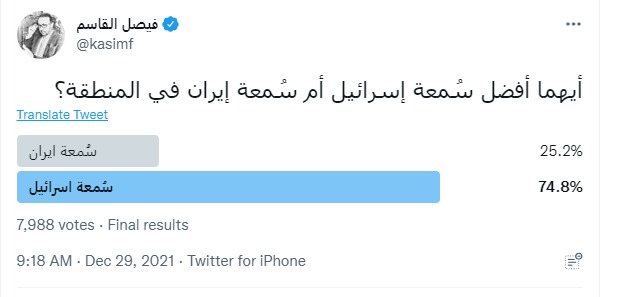
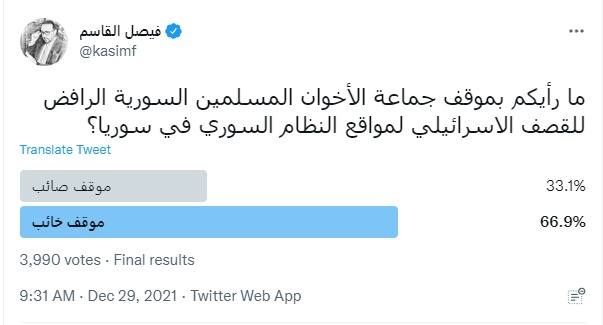





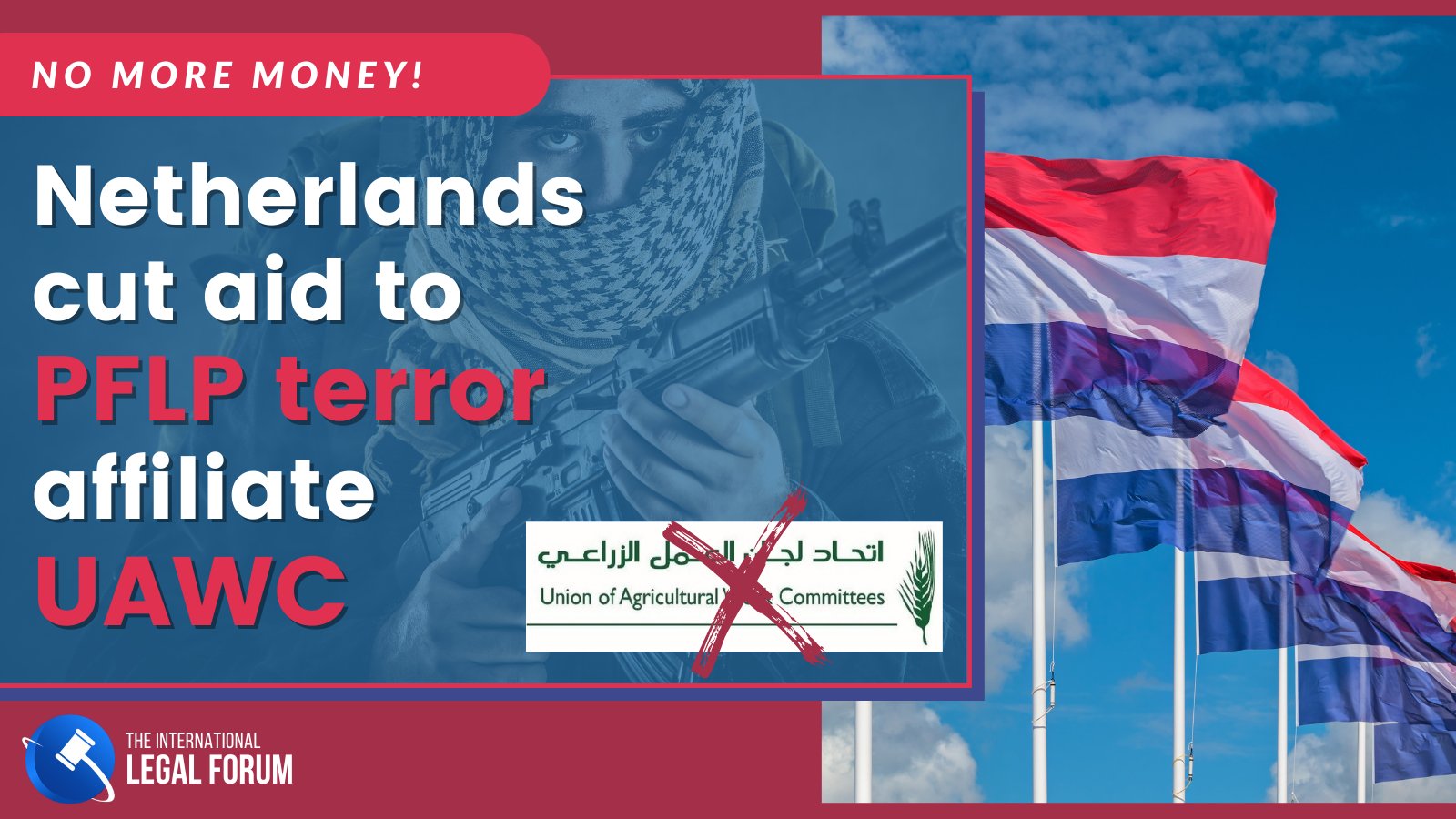








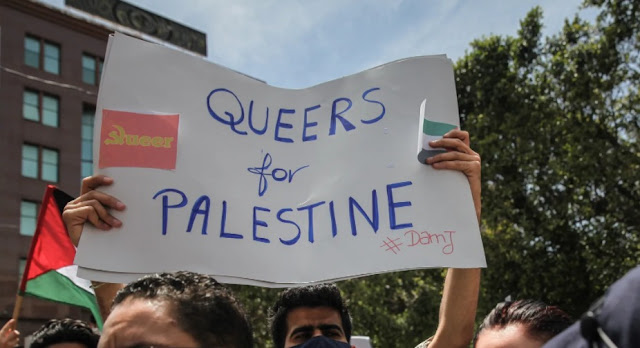
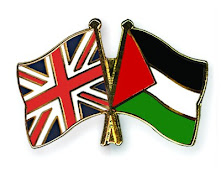

















.jpg)





